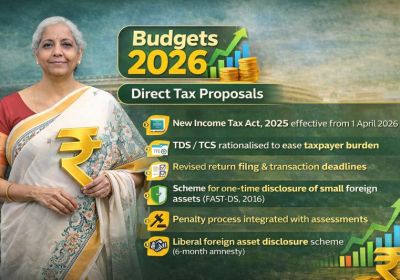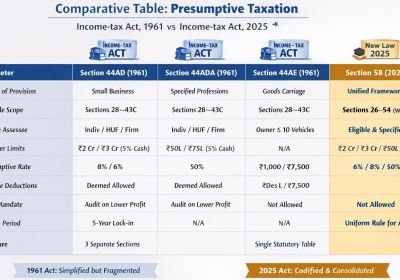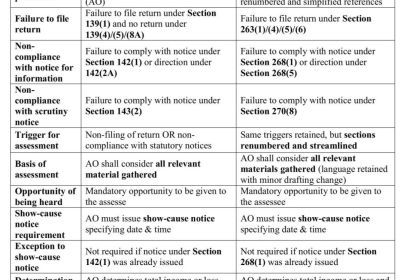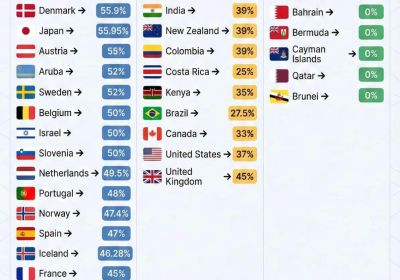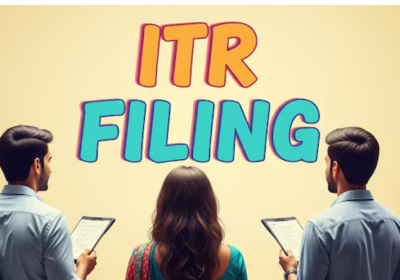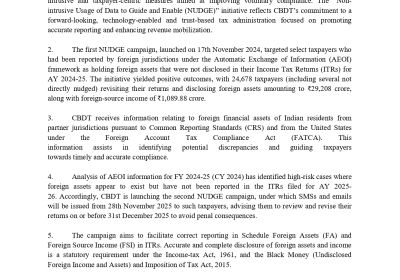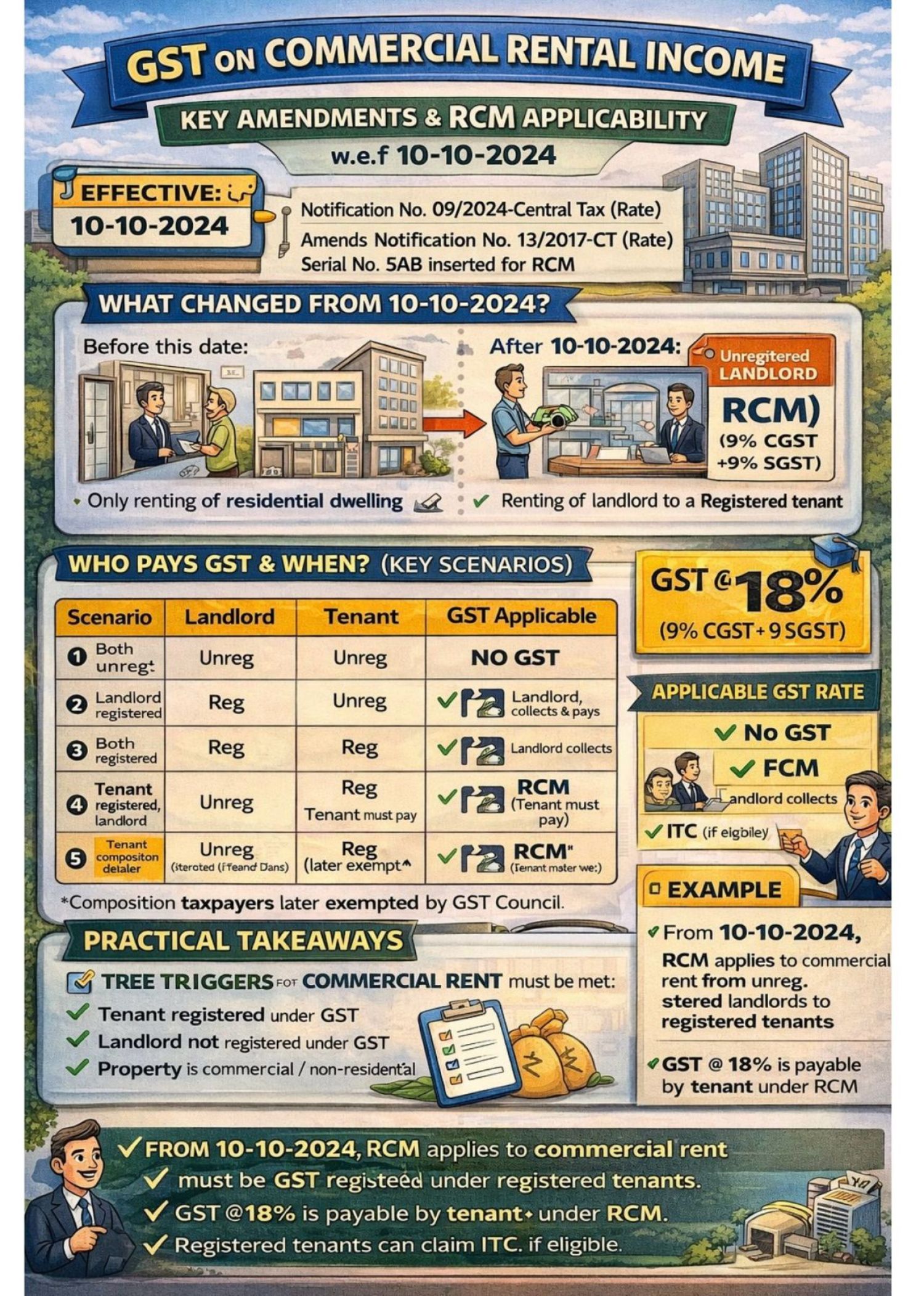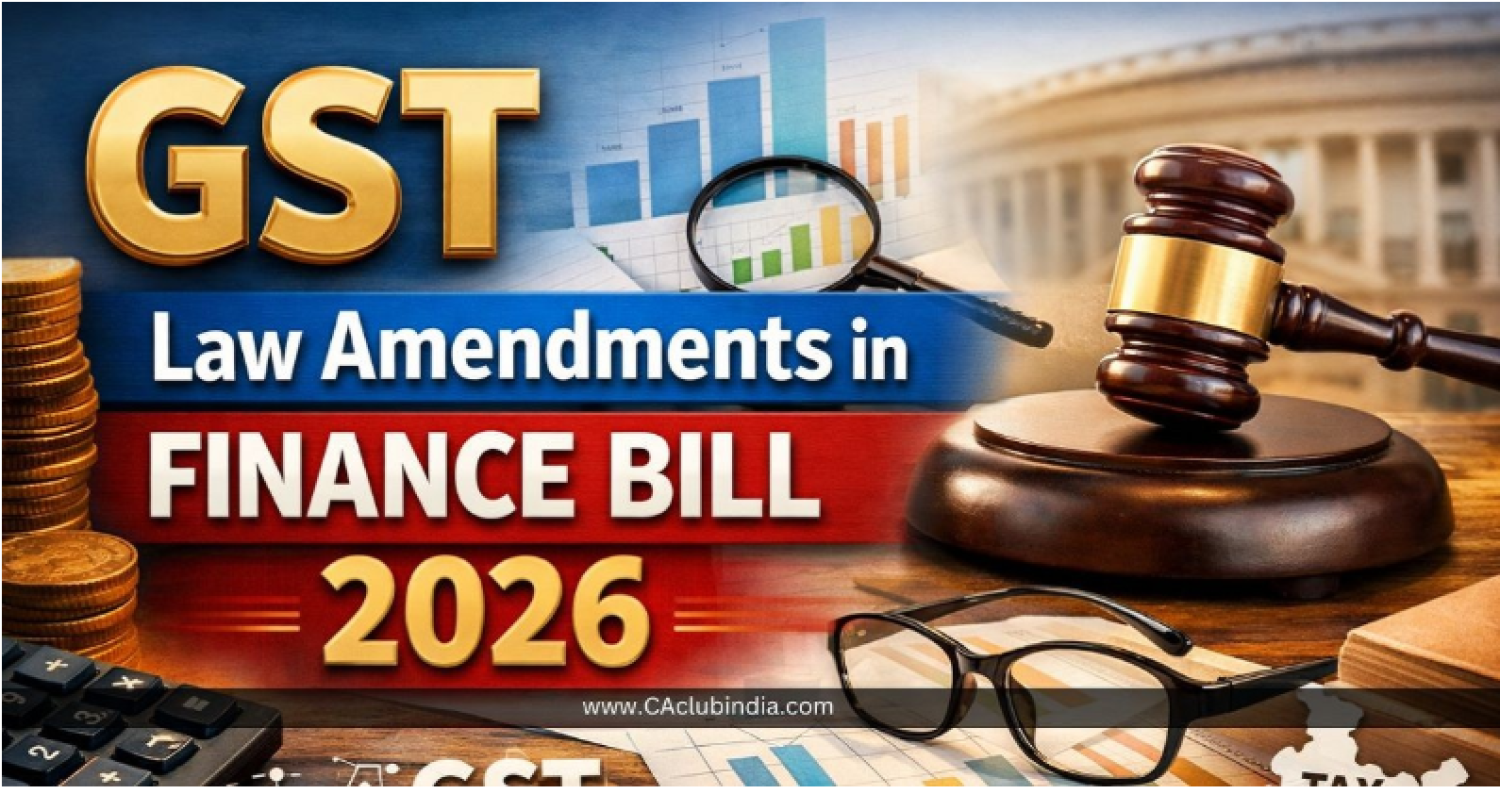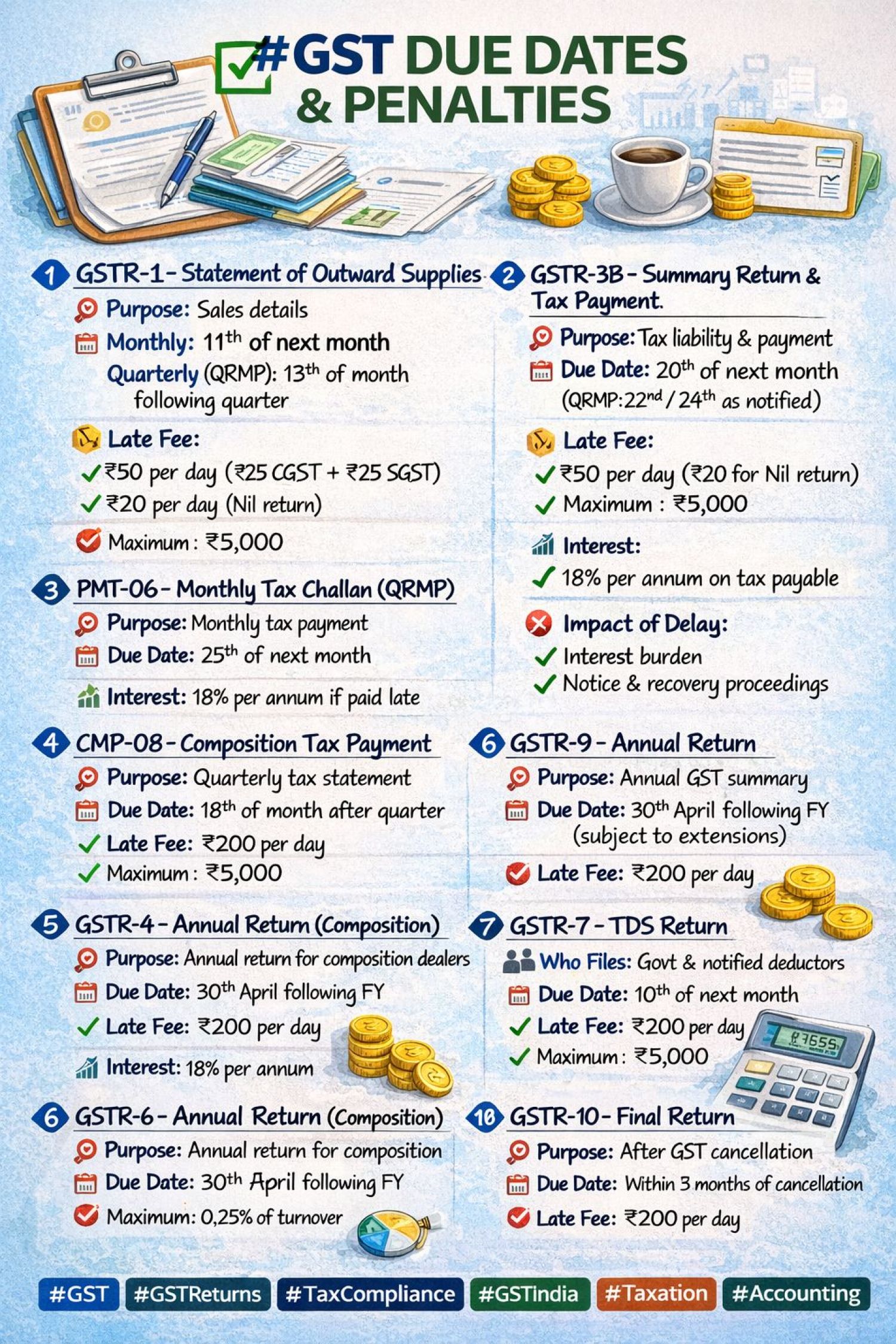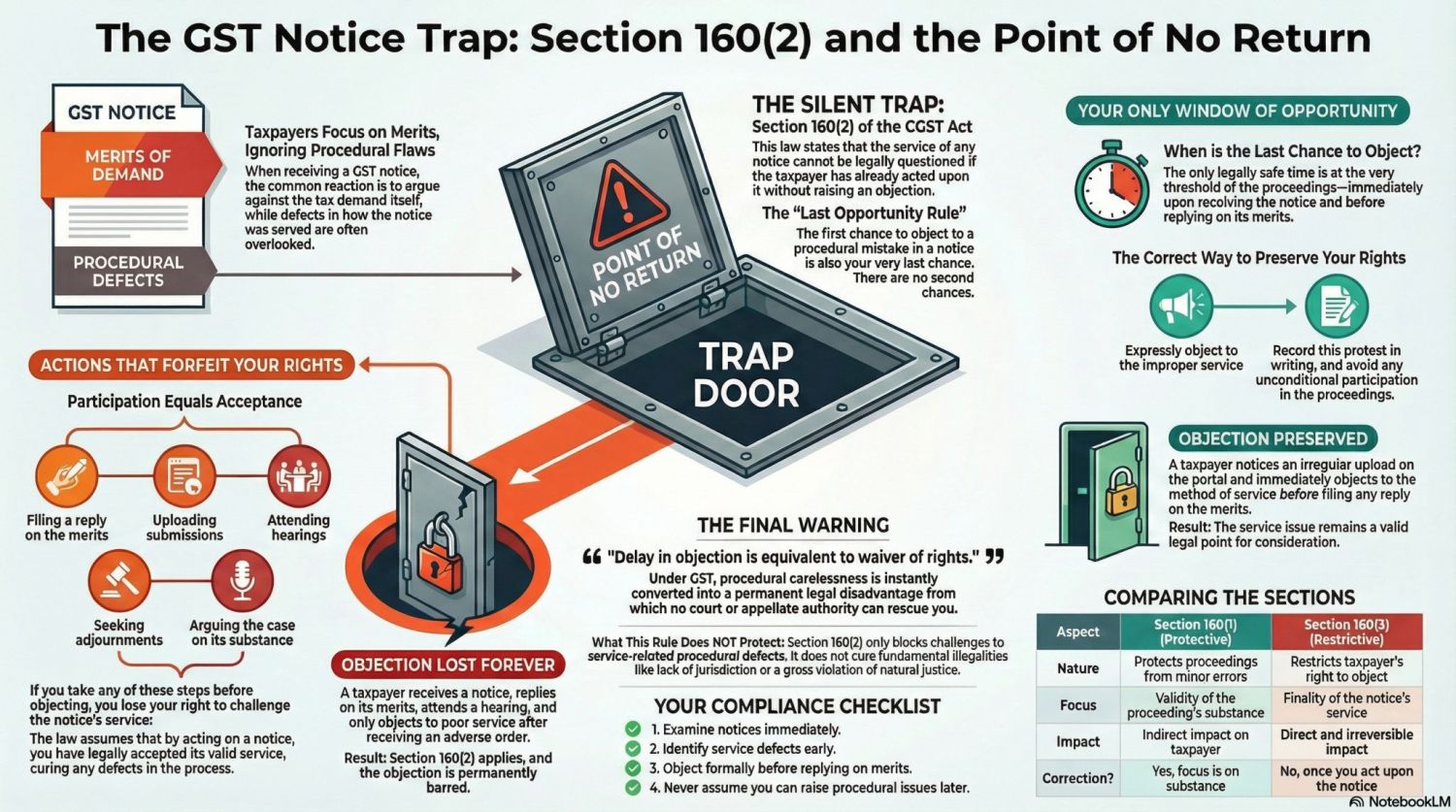Table of Contents
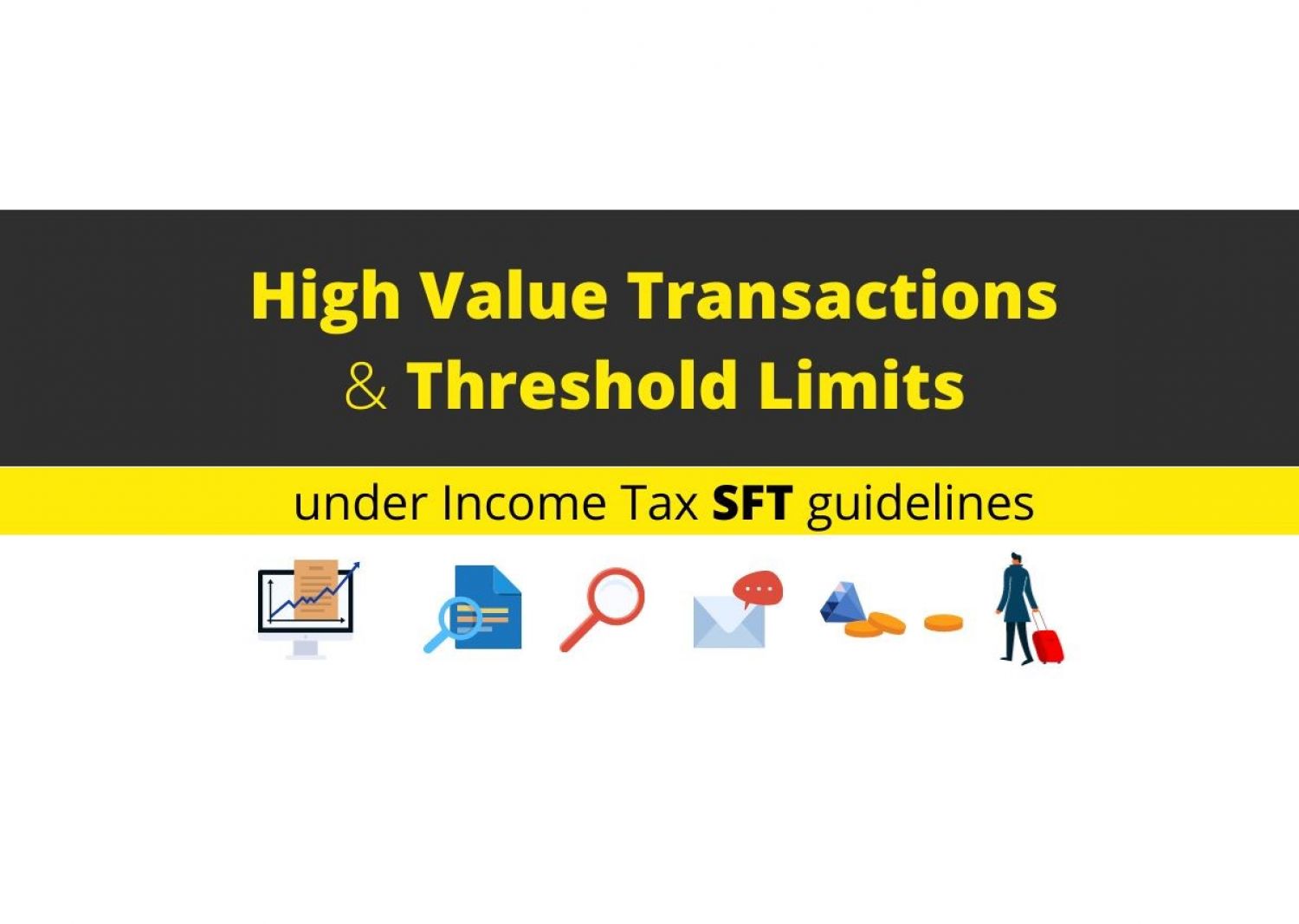
Few ways through – Dept is monitoring your high-value transactions
check tax evasion, the Income Tax Department has stepped up its vigilance against undeclared income. Now, you have to report PAN on all your high-value transactions. Property registrars and financial institutions with which you deal with like your bank, insurer, Mutual Fund Company, and Credit Card Company feed the tax department with information regarding your big transactions.
Few transactions which is high value, which may lead to notice from Income Tax
- According to tax experts, taxpayers should be cautious of six kinds of high transactions, specifically those done in cash, so because Income Tax Department has grown increasingly vigilant.
- Banks, intermediaries, and other businesses must record all high-value transactions to the Income Tax Department, and non-reporting of the of such kind of transaction will result in income tax notices being issued by Department,
- The Income Tax Department will look into six kinds of high-value transactions. This covers all cash deposits totalling ten lakhs or more that are recorded by commercial and cooperative banks during the year.
- Credit card cash repayments of INR 10 lakhs or more, as well as total payments of INR 10 lakhs or more via any mode (cash, transfer, or cheque) for the year, shall be reported.
- The income tax department will be notified of any foreign exchange transactions, as well as any purchases of shares, mutual funds, or debentures worth more than ten lakhs in whatever method.
- Any immovable property worth INR 30 lakh or more must be reported to the sub-register. A time deposit of ten lakh rupees or more made during the year will be reported as well.
- Many taxpayers failed to provide certain information to the Income tax when filing ITRs. Because the information was difficult to compile on such a vast scale of taxpayers, this frequently passed under the radar of the Income Tax Department.
- Taxpayers should make sure that all of their transactions are fully disclosed in their tax returns. The taxpayer must be able to demonstrate that the money outflow is supported by Taxable or Taxed Source of Income. Previously, Income Tax could not have information on these expenses or outflows.
Also read : Monitoring of high-value Transaction by Department
Example of few ways through which the tax department is monitoring your high-value transactions :
1) Your bank will inform the tax department if you have deposited cash, made a demand draft, or fixed deposits aggregating up to Rs. 10 lakh or more in a financial year under different accounts.
2) The property registrar is liable to report purchase or sale of immovable property exceeding Rs. 30 lakh.
3) Now, TCS (tax collected at source) at the rate of 1 percent is deducted and deposited to the tax department by the buyer in case of purchase of property over Rs. 50 lakh. This is just another way of reporting the transaction.
4) If you have made a cash payment of Rs. 1 lakh towards your credit card or Rs. 10 lakh or more through any other mode during the financial year, your credit card company will report the transactions to the tax authorities.
5) Purchase of shares, debentures, and mutual funds of Rs. 10 lakh or more will have to be reported by the companies to the tax authorities.
6) If you are earning more than Rs. 50 lakh a year, you have to report your assets and liabilities in a new ITR (income tax return) form this year.
7) Now reporting of PAN is mandatory for making any purchase of goods and services of more than Rs. 2 lakh. Also, a TCS (tax collected at source) has been introduced from June 1 in case of purchase or sale of any goods and services for Rs. 2 lakh and more in cash.
8) According to experts, TDS is another way of tracking the income of taxpayers. Banks deduct TDS if interest income on fixed deposits is more than Rs. 10,000 in a year.
9) A 1 percent luxury tax is levied on the purchase of cars priced over Rs. 10 lakh. It will be deducted by the seller of the car and will be applicable to the ex-showroom price. However, this extra payment could be set off against the total tax liability of the buyer.
10) You also have to give your PAN for the following transactions:
a) Sale or purchase of vehicles other than two-wheelers
b) Opening a bank or a Demat account; applying for a credit card
c) Opening a fixed deposit of more than Rs. 50,000
d) Payment of more than Rs. 50,000 towards insurance premium
e) Paying more than Rs. 50,000 in cash towards restaurant or hotel or foreign trip bills
f) Purchase of mutual funds, debenture, bonds worth more than Rs. 50,000
g) Depositing cash or more than Rs. 50,000 in bank
The tax department compares this information with the income tax return filed by Assesse. Through Income tax reporting the income tax department is anylase & come out to compare your overall income with your expenses & investment along with tax paid to assess the correct tax liability and investments & finally the get the tax evasion there if any,
In the event of non-compliance or non-disclosure, the Tax Department will pursue legal action and issue notices to the defaulting taxpayer.
Also read :CBDT issue an explanation in Vivad se Vishwas act,2020
In case you are confused about a business owner, feel free to consult with our experts at Rajput Jain & Associates, You can get comprehensive assistance on Income tax online. we can help in filing the compliance of high value transations.
You can also read : CBDT-Tax deptt. hopes to finalize all faceless e-assessment

